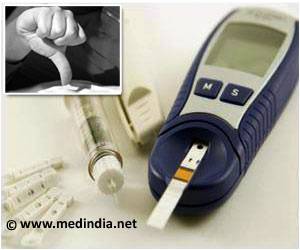An industrial body recognizing the downward trend of access to quality health care in India, has suggested two things needed to reverse the situation.
An industrial body recognizing the downward trend of access to quality health care in India, has suggested two things needed to reverse the situation- more money and a significant private-public partnership.
According to the Federation of Indian Chambers of Commerce and Industry (FICCI), India needs to spend around $203 billion (Rs 912,375 crores), if the mission of achieving 'Health for all' is to be attained by 2012.The FICCI itself has put forward five models of public-private partnership (PPP), which are PPP options for primary and secondary healthcare, a network of diagnostic centers, capital expenditure sharing, equity sharing and premises on lease model. The chamber stresses that the partnership models would have to run in tandem with attractive fiscal incentives and meaningful regulation if quality healthcare is to be accessible to all and the bed to thousand ratio has to be raised to five beds by 2012, from the current level of 1.3.
The study also shows that even though 72.2 per cent of India's population lives in the rural areas, 80 per cent of doctors, 75 per cent dispensaries and 60 per cent of hospitals are in the urban areas, making it nearly impossible for the rural people, especially poor, to avail themselves of quality healthcare services.
The chamber put forward estimates such as a shortage of 4,53,785 doctors, 1,290,174 nurses and a huge number of paramedics by year 2012.
"Unfortunately, at present there is a lack of regulatory framework and the sector attracts sub-standard private healthcare providers and quacks, there is slow implementation of the accreditation process that impacts the quality of healthcare, penetration of health insurance to larger population, shortage of adequately trained healthcare professionals leading to poor quality of service delivery," FICCI reported.
To attract private sector investment in healthcare sector, FICCI has recommended tax holiday for 10 years for building new facilities and upgrading old ones, extension of exemption to companies creating training in the medical area, industrial status to the sector and soft loans from public sector banks and reduction in custom duty on identified medical equipment.
Advertisement
The chamber has suggested attracting private investment in the sector, including foreign direct investment following the PPP route and expanding medical education and training, thereby promoting India as a global hub for quality and affordable healthcare services.
Source-Medindia
ANN/C







